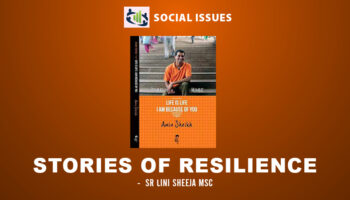A year ago (March 2020), India Today magazine reported a 20% increase in patients with mental illness after the coronavirus outbreak in the country. The World Health Organization (WHO) emphasized that determinants of mental health and mental disorders include not only individual attributes, such as, the ability to manage one’s thoughts, emotions, behaviours and interactions with others, but also social, cultural, economic, political, and environmental factors, such as, national policies, social protection, living standards, working conditions, and community social supports.
Mental Health Issues in India
A holistic approach and comprehensive strategies are required for intervention, promotion, prevention, and treatment of mental health issues in India. National Mental Health Policies must be in place which not only promote treatment of mental health disorders but provide overarching directions on broader issues for ensuring mental health promotion. The WHO estimates that the burden of mental health problems in India is to the tune of 2,443 DALYs (“Disability-Adjusted Life Years”) per 1,00,000 population, and the age-adjusted suicide rate per 1,00,000 population is 21.1. It is also estimated that the economic loss due to mental health conditions between 2012-2030, is 1.03 trillion US dollars. The number of mental health workers in India show the inadequacy: For every 100,000 persons, we have only 0.3 psychiatrists, 0.12 nurses, 0.07 psychologists and 0.07 social workers.
Fr Ravi Sagar SJ
To read the entire article, click Subscribe





